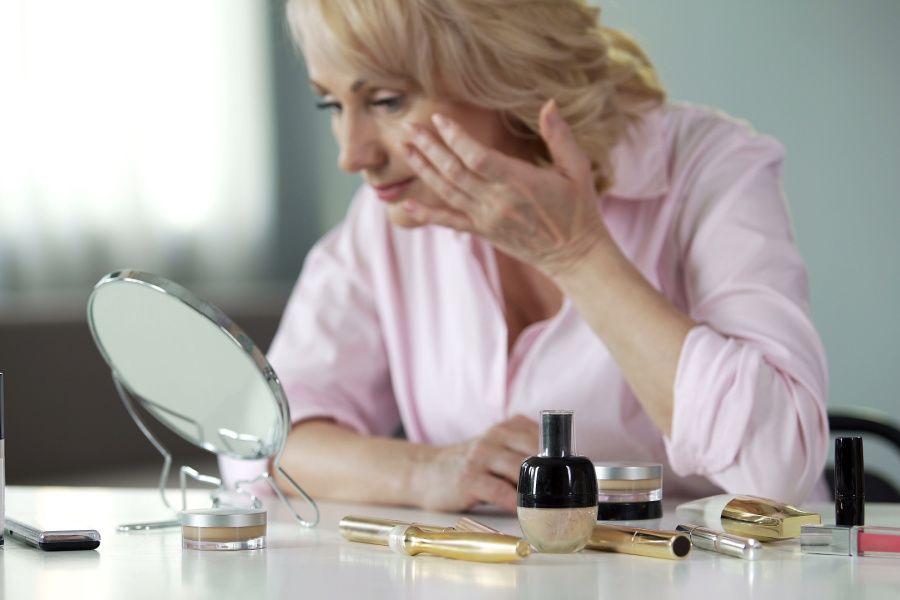For many women, menopause is a turning point — physically, emotionally, and mentally. Hot flushes, night sweats, mood shifts, and brain fog are widely talked about, but if you also live with ADHD, this life stage can bring additional challenges that aren’t always discussed.
Hormonal changes during menopause can heighten ADHD symptoms, making things like focus, memory, and emotional regulation even more difficult.
The good news? With the right knowledge, treatment, and lifestyle strategies, you can navigate this transition more smoothly.
Hormones, ADHD, and Why Menopause Matters
As you approach menopause, oestrogen levels naturally decline. Oestrogen isn’t just about reproductive health — it also plays a role in regulating neurotransmitters such as dopamine and serotonin.
Why does this matter for ADHD?
Women with ADHD already tend to have lower dopamine levels. When oestrogen drops, dopamine can dip even further, impacting:
- Attention span and concentration
- Emotional regulation
- Organisation and planning
- Short-term memory
Even women without ADHD can feel mentally foggy during menopause — so for those with a diagnosis, symptoms can become more pronounced and disabling without targeted support.
Treatment Options: Medications, HRT, and More

The medical approach to ADHD during menopause is similar to other stages of life, but with some adjustments.
1. ADHD Medication
- Common treatments include stimulants such as dexamphetamine and lisdexamfetamine, as well as non-stimulants like atomoxetine (a type of SNRI).
- Lisdexamfetamine in particular has been found to improve memory, reasoning, multi-tasking, planning, and problem-solving in menopausal women.
- If you’re already on ADHD medication, your doctor may suggest a dose adjustment to help counteract hormonal changes.
2. Hormone Replacement Therapy (HRT)
- If you’d prefer not to increase stimulant medication, HRT may help by boosting oestrogen levels, which can in turn improve dopamine function and mental clarity.
3. Combined Approaches
- Many women find the best results come from combined therapy — a mix of medication and/or HRT paired with psychological support.
Beyond Medication: Lifestyle and Psychological Support
While medication can make a huge difference, lifestyle changes and emotional tools are equally important.
Nutrition and Exercise
- Eat a balanced, nutrient-rich diet to help stabilise mood and energy levels.
- Regular exercise boosts dopamine naturally, supports memory, and lifts self-esteem.
Stress Reduction
- Practices like mindfulness meditation can reduce overwhelm and help you refocus.
- Yoga, deep-breathing techniques, or even short daily walks can create calm space in a busy mind.
Psychological Therapies
- While there’s no menopause-specific ADHD therapy yet, CBT (Cognitive Behavioural Therapy) is effective for building self-control, improving self-esteem, and managing emotional triggers.
Tracking Your Symptoms
One practical step you can take today is to start monitoring your symptoms.
A simple diary or symptom tracker can help you and your healthcare provider identify patterns and make informed treatment decisions.
In your notes, include:
- What symptoms occur
- When they happen
- How severe they feel
- Any lifestyle or environmental factors
If possible, work with a healthcare professional who understands both women’s health and ADHD in midlife.
Educate Yourself & Stay Reassured
Although research into ADHD and menopause is still limited, knowing that hormonal changes may be behind your increased symptoms can be reassuring.
Understanding these connections can help you focus on solutions rather than self-blame.
Remember — if new issues arise, they’re often part of the menopausal transition and not necessarily a sign of something more serious like dementia.
Final Thoughts
Menopause can make ADHD symptoms feel more intense, but you’re not powerless.
With personalised treatment — whether that’s adjusting ADHD medication, considering HRT, adopting healthy routines, or seeking psychological support — you can regain control and continue to thrive.
Your changing hormones don’t have to define this chapter of your life. With awareness, medical guidance, and self-care, you can navigate menopause with ADHD confidently and with compassion for yourself.





.svg)

.svg)


